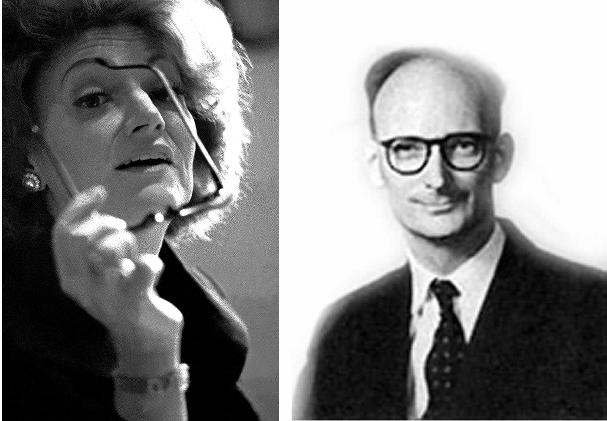Why the Khitan / Liao ruler Abaoji refused to speak Sinitic with his fellow tribesmen
The mighty Liao Dynasty (907-1125) of the Khitans ruled over a vast empire in Northeast Asia and Inner Asia that included Mongolia, Manchuria, parts of the Russian Far East, northern Korea, and northern China.
They spoke a language that is held to be Proto-Mongolic and had two writing systems, known as the large script and the small script. The two writing systems were separate, but seem to have been used simultaneously and continued in use for a while after the fall of the Liao.
The Liao Dynasty was destroyed by the Tungusic Jurchens (ancestors of the Manchus) of the Jin dynasty (1115-1234) in 1125. The remnants of the Khitan established the Qara Khitai (Western Liao dynasty, 1124-1218), which ruled over parts of Central Asia before being defeated by the Mongols.
Read the rest of this entry »
